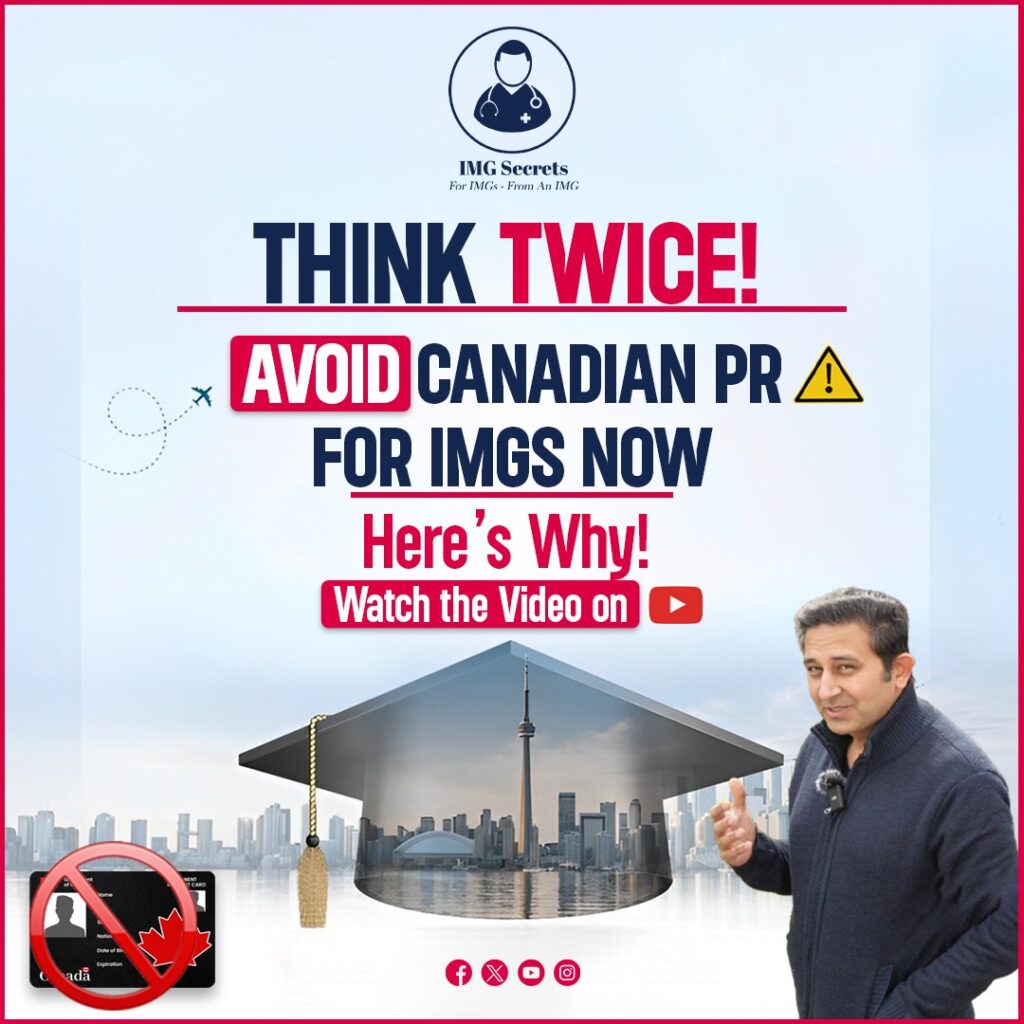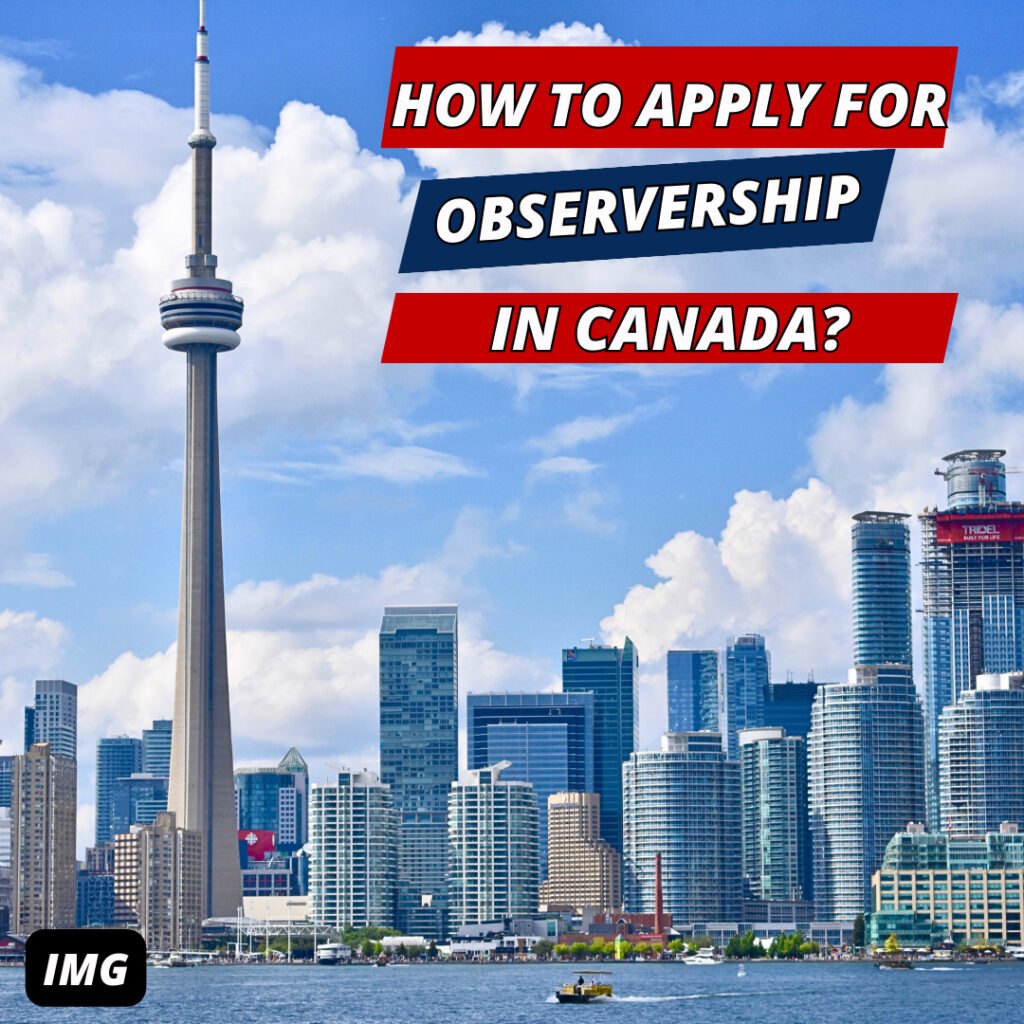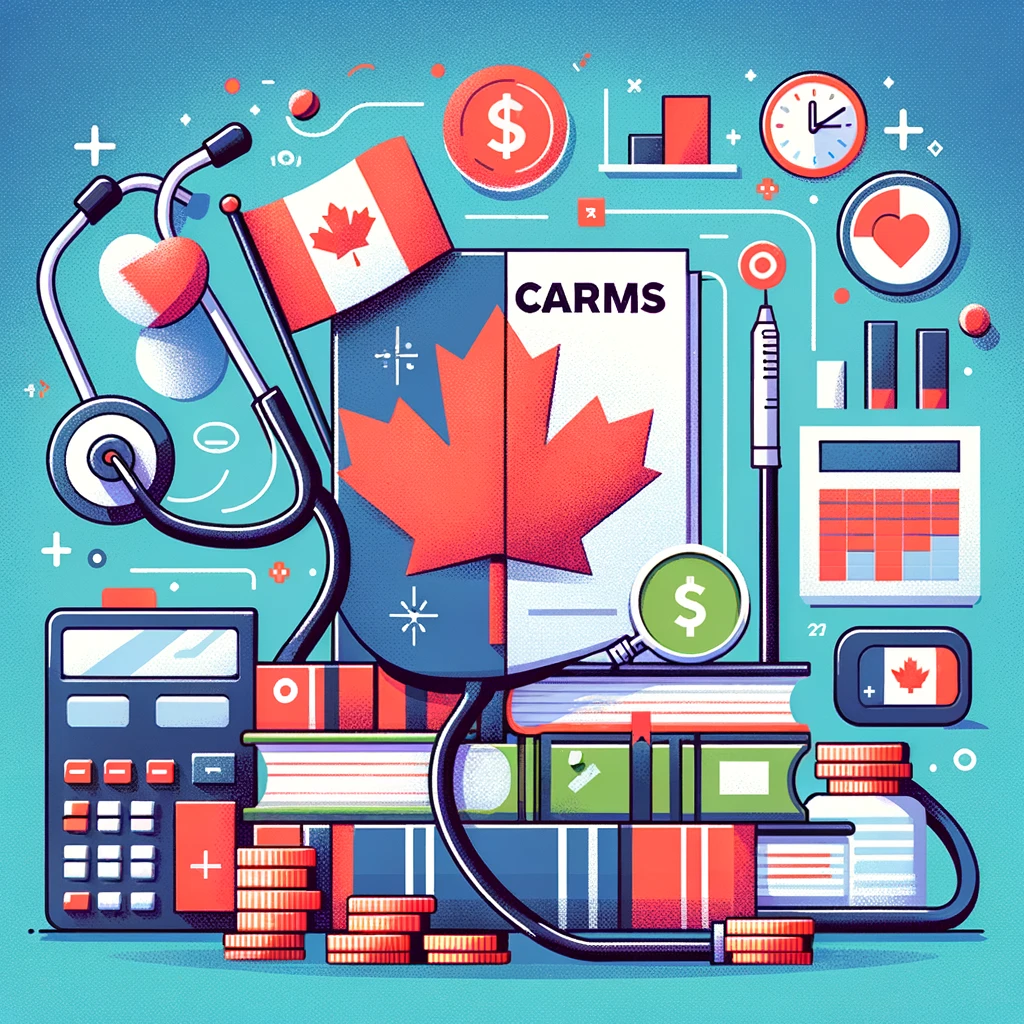How to Secure a Paid Fellowship in Canada: A Complete Guide for International Medical Graduates
Did you know that Canada welcomes over 1,200 international medical graduates (IMGs) each year for specialized training? For IMGs, paid fellowships in Canada aren’t just about clinical experience—they’re a possible path to a career and life in Canada. But landing one takes careful planning, from finding the right programs to making your application stand out. Ready to make it happen? Let’s go over each step to help you get there! Step 1: Know the Basics – Are You Eligible for a Fellowship? Before jumping in, make sure you meet the key requirements for Canadian fellowships. Nothing’s worse than pouring your heart into an application only to find you don’t qualify. Completed Postgraduate Training Most Canadian fellowships require you to have finished postgraduate (PG) training or residency in your home country. They’re looking for applicants with proven expertise, so having experience under your belt is essential. Focus on Your Specialty Stick to your specialty. Canadian programs want applicants who stay within their field of training, so if you’re trained in Internal Medicine, apply to related sub-specialties like cardiology—not unrelated areas like surgery. Relevant Experience Matters Programs want to see you’re committed to your field. Having recent, relevant clinical experience shows your passion and boosts your application. If you’re currently working in your specialty, that’s a strong plus. Step 2: Finding the Right Fellowship Program With eligibility confirmed, it’s time to find a fellowship that fits. Here’s where to look and what to focus on. University and Hospital Websites Your go-to source? University and hospital websites. They provide the most accurate information on available fellowships, requirements, and deadlines. Try searching “University of Toronto Cardiology Fellowship” or “Vancouver General Hospital Neurology Fellowship” to start browsing options. Accredited vs. Non-Accredited Fellowships You’ll come across accredited and non-accredited fellowships. Accredited ones are official, often prestigious, and competitive. Non-accredited fellowships, though easier to get into, offer great experience too. For many IMGs, non-accredited fellowships are a solid option that’s more accessible but still high quality. Get Insider Tips Reaching out to professionals who’ve completed Canadian fellowships is invaluable. If you don’t know anyone, consider consulting services that specialize in IMG fellowship guidance. These services know the field well and can help you find programs suited to your background and goals. Step 3: Pick the Right Program – Focus on Fit, Not Just Prestige When choosing a program, go beyond reputation. Find a fit that aligns with your background and increases your acceptance chances. Less Competitive Specialties Some specialties have lighter competition. For example, general internal medicine sub-specialties are often less competitive than high-demand fields like neurosurgery. Applying in a slightly less competitive area can improve your chances. Align with Your Experience It helps if your experience matches the fellowship focus. For example, if you’re an internist working in cardiology, a cardiology fellowship makes sense. Programs favor candidates with relevant backgrounds, so emphasize any experience that aligns with the fellowship’s specialty. Step 4: Nail the Application Process Once you’ve got a few programs in your sights, it’s time to make your application stand out. Here’s how to handle it. Application Deadlines and Portals Pay attention to deadlines! Missing one could delay your dreams for a year. Some programs require applications through centralized portals, so make sure to complete every part of the profile and upload all required documents. Key Components: CV, Cover Letter, and Recommendations Every application needs three essentials: a polished CV, a strong cover letter, and powerful recommendations. Here’s how to make each shine: CV: Put relevant experience at the top, especially anything directly related to the fellowship. Keep it concise and professional. Cover Letter: This is where you add personality. Write a two-page cover letter specific to each program, explaining why you’re a great fit. Address it to the program director if possible. Letters of Recommendation: Choose referees who know your clinical skills well. A strong, genuine recommendation makes a big difference. Step 5: Stand Out with a Stellar CV Your CV is the first impression, so make it count. Programs scan through many applications, so a clear, relevant CV can help you stand out. Keep It Relevant Focus on experience directly related to the fellowship. If you’re applying for critical care, highlight your experience in that area. Use short, precise descriptions, and avoid fluff. Professional Presentation A well-organized CV shows professionalism. Use clear headings, stick to a simple format, and put the most relevant info on the first page. It’s about keeping things clean and easy to read. Step 6: Write a Powerful Cover Letter The cover letter is your space to show why this fellowship is the right move for you. Think of it as a way to tell your story and show why you’re excited about this program. Make It Personal and Specific Address it directly to the program director, if possible, and mention specific aspects of the program that interest you. Show them you’ve done your homework and that this program isn’t just any fellowship—it’s the one you’re genuinely interested in. Highlight Skills and Commitment Programs want candidates who are skilled and committed. Use your cover letter to talk about your clinical skills, your dedication to the specialty, and what you hope to gain from the experience. And show a bit of your personality; enthusiasm goes a long way. Step 7: Secure Strong Letters of Recommendation Letters of recommendation add real weight to your application. The best letters come from people who know your work and can vouch for your abilities. Choose Reputable References Select mentors, supervisors, or colleagues who know you well. They should be able to speak confidently about your strengths and work ethic. What Programs Look For in Recommendations Programs want to see that you’re skilled, reliable, and a good fit for their team. Look for referees who can highlight your clinical skills, teamwork abilities, and any unique qualities that make you stand out. Step 8: Prepare for the Interview If you’ve made it to the interview, congratulations! Now it’s time to show them they were









